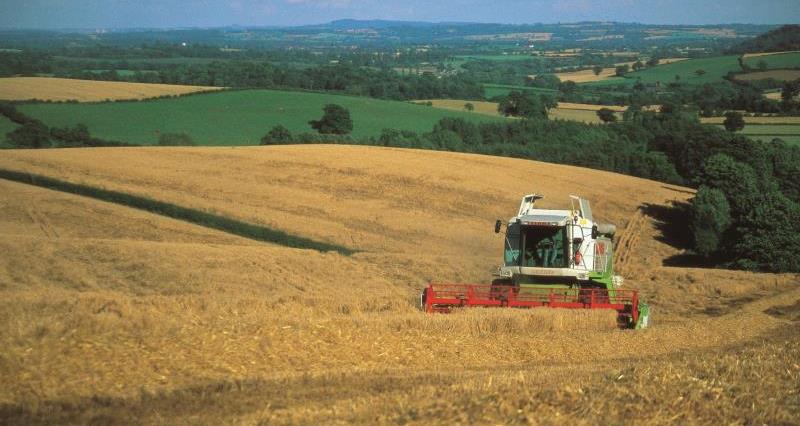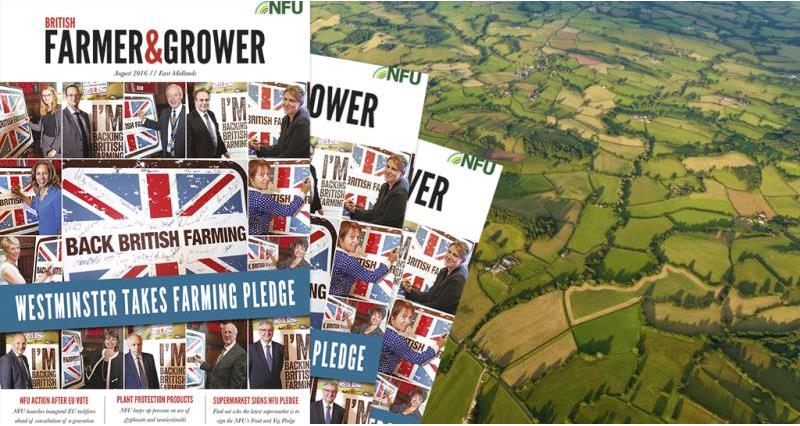James Cox, South West
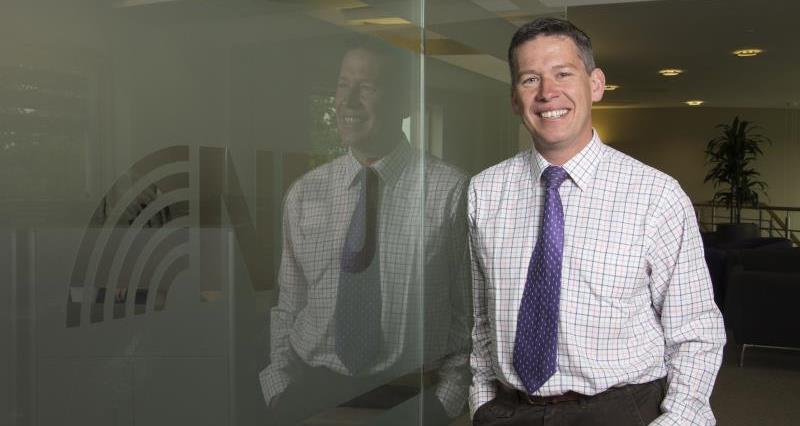 “I will be looking to continue the positive work that we have been doing on issues like Healthy Harvest, pesticide registrations, fertiliser markets, wayleaves and tractor and trailer weights. I will be ensuring that issues from the South West are fed back to the region, counties and individual members wherever possible. Most importantly I would like to promote the professionalism of the industry to the general public to encourage support and confidence in British agriculture and its produce to help the industry thrive. We have a good story to tell, so let’s tell it before anyone else decides to tell their version of it for us.”
“I will be looking to continue the positive work that we have been doing on issues like Healthy Harvest, pesticide registrations, fertiliser markets, wayleaves and tractor and trailer weights. I will be ensuring that issues from the South West are fed back to the region, counties and individual members wherever possible. Most importantly I would like to promote the professionalism of the industry to the general public to encourage support and confidence in British agriculture and its produce to help the industry thrive. We have a good story to tell, so let’s tell it before anyone else decides to tell their version of it for us.”
Tom Bradshaw, East Anglia
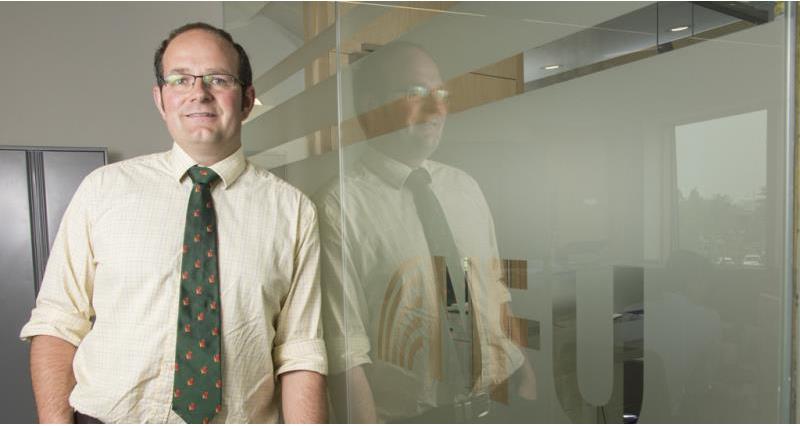
“My main priority is to make sure that members in East Anglia feel that their voices are being heard both within the crops board and further up the chain. Obviously for me and our sector, the area that I believe is of most importance is maintaining the availability of plant protection products and trying to highlight how and why they are used and how safe the products are. I have been engaging with the European Crop Protection Association to take this message to Brussels. The sector is facing incredibly challenging times and without the adoption of science-based policy it will only get more difficult. Other areas of importance are transparency and fairness of supply chains, particularly grain contracts, but also Agchem distribution.”
Olly Harrison, North West
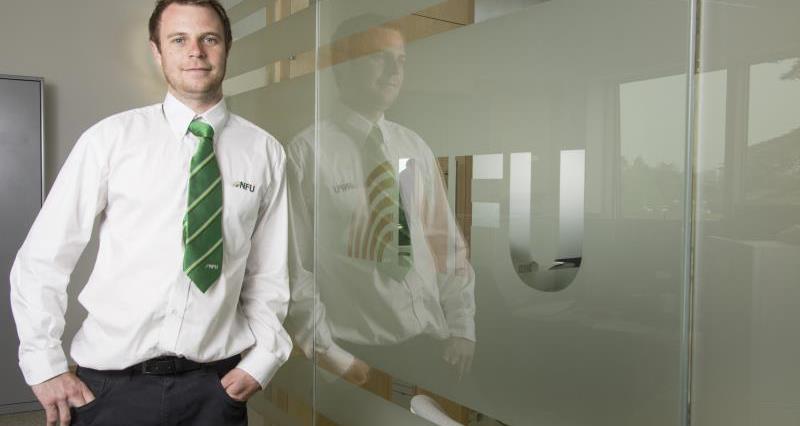
“I want to make sure we find out about if we are going to get any support post-Brexit or be left in a position to thrive on our own and build some good trade relations.
We must lower input costs to try and make back some margins and I will be working with the NFU to find out why charges are so high. We also want to tell our story – we have so many good ones to tell the public. After all, we are here to give them safe, healthy food, rather than letting NGOs set the media agenda. Our main issue going forward is to ensure we get re-approval of active products that we need to produce our food.”
James Standen, North East
“It is now a key time for the whole industry and hopefully one where we can seek the positives ahead which will be my focus over the next couple of years. The arable sector and the whole industry is under a great deal of pressure. The economics of arable farming is tight and further challenges face the sector in light of pesticide approvals, soil condition and environmental constraints. But as a sector we have an opportunity ahead and we are in interesting times – potentially new agricultural policy with a national focus, a need to maintain market access and a level playing field with the rest of Europe, new technology and a continuing need to improve returns. Ahead lies great challenge for the board to look forward to.”
John Pawsey, East Anglia
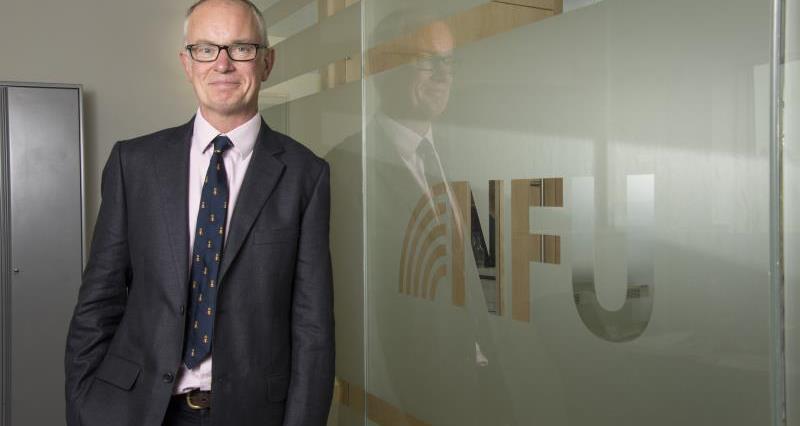
“Farming combinable crops under an organic system has had its challenges since our conversion in 1999, but with 17 years of experience under our belts we are now reaping the benefits. Securing markets for the crops we can successfully grow has been paramount. Supermarkets and brands increasingly require more security in the supply chain for their value added products and we have been able to supply them that security through working with marketing groups like Organic Arable. Cropping has become much more diverse, not only to spread risk, but also to respond and adapt to our customers’ needs. Since converting, our working capital has been reduced and due to lower inputs our cashflow has improved dramatically. Weeding technology has vastly improved over the last few years ironing out some of our original problems. With new exporting opportunities post-Brexit there is real potential for expansion in the organic combinable cropping sector and I will be working on behalf of our members to do highlight this.”
Robert Law, East Anglia
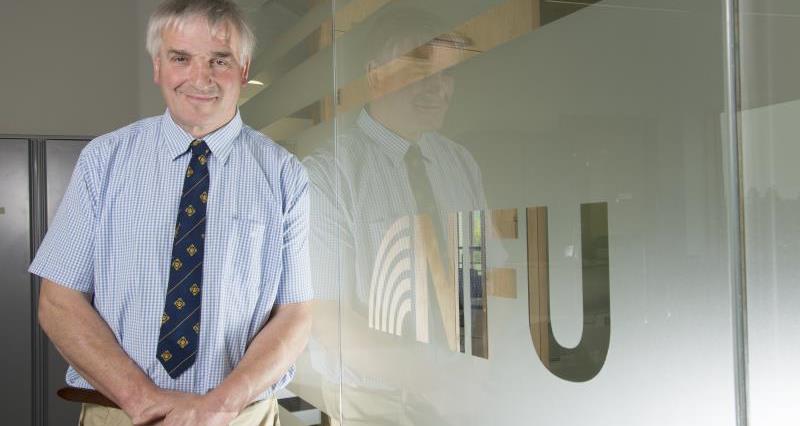
“On joining the board three months ago the immediate issues to be tackled were the BPS fiasco and the continued use of neonicotinoids and glyphosate with the continued poor commodity prices across the board for all arable produce as a backdrop. While these issues continue to be in the frontline, the Brexit vote has overtaken them and will continue to absorb our discussions and plans over the next few years. Our priority now as an industry, must be to get a UK
agriculture policy in place before we leave the EU, this will involve consulting with our membership, the public, Defra, the government of the day and the NGO’s. We need to keep agriculture at the top of the agenda as we will be competing against many other calls on the UK treasury, so this is going to involve working with a wide range of groups and selling our industry and everyone aware of our contribution to the UK economy and environment.”
Luke Paterson, East Anglia
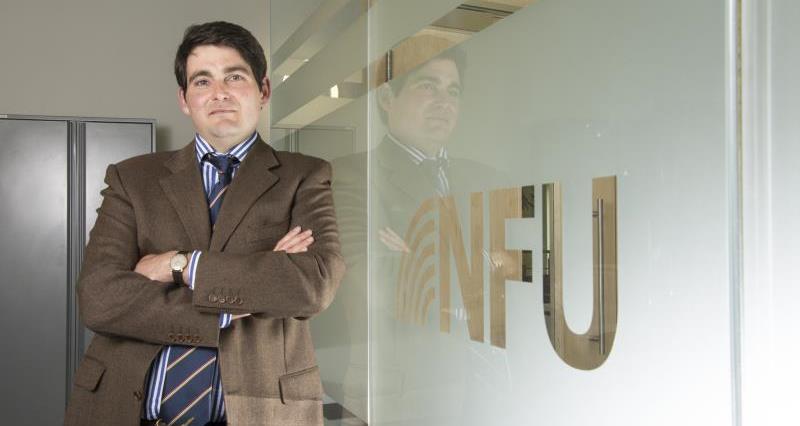
“I often hear that you don’t know the depth of work being done by the NFU until you get involved. Having now attended two crops board meetings I can confirm this is the case. I feel privileged to be on the board, and I hope I can bring some additional knowledge of contracts, and a slightly different viewpoint as I am involved with the trade as well as farming. The stand at Cereals provided a good opportunity to meet members and discuss current issues, of which there are currently plenty. My main concern is the e-passport project. We have a system that works and I can see the benefits of real-time data at intake, but right now I feel the funds required for investment should be spent on more pressing issues.”
